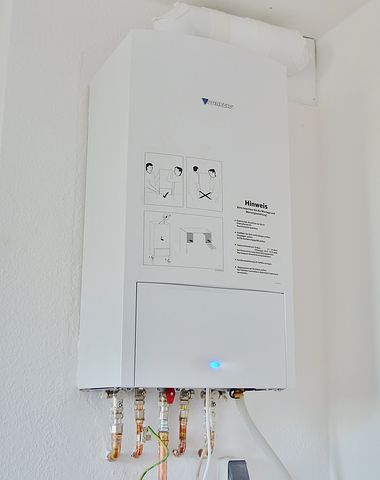Trying to decide between electric and gas hot water? There are a lot of things to consider when deciding between the choices. Factors such as the space you have available, cost, and your household needs will impact on whether or not you should opt for electric or gas hot water. So here are a few things you should keep in mind.
What’s the difference between the two?
The main difference between electric and gas hot water is that in an electric system heating is done with an electric heat element, whilst in a gas hot water system a burner is used. Electric systems use more energy and are less efficient, so if you’re looking to save on emissions they’re not the best choice. If you’re opting for a storage system they tend to be larger and they can be pricey to run depending on your electric tariffs. The other option is often much more efficient and can be installed in most homes. If you’re not sure which works best for your home it’s worth thinking about your budget and household needs.
The cost of electric vs. gas hot water
It’s estimated that electric systems can use up around 25% of your home’s total power, contributing a substantial amount to your electric bill – has hot water can therefore save you a lot of money. Whilst an electric system will have a lower upfront cost you’ll definitely find that it costs you more in the long run. Gas hot water has a much lower running cost and is much more efficient but will likely cost you a bit more to purchase and install in the beginning. You’ll likely find that electric systems will be far less economical over the course of their life. Heat pump systems which work by extracting heat from its surroundings are costly than both other systems and have higher running costs, but they are the most efficient.
Health and safety considerations

There are a few health and safety factors that you should consider when comparing electric and gas hot water systems. If you’re considering purchasing a storage tank heater than you should be aware that bacteria could potentially grow in the tank if it is not properly maintained. It is recommended that you should heat to a minimum of 60 degrees Celsius to avoid the breeding of dangerous bacteria which can cause conditions like Legionnaires. It’s suggested that even 60 degrees Celsius is not quite hot enough as cooler water can settle on the bottom of the tank. Tankless systems do not have the same issue.
Size and shape
Another thing to consider when comparing systems is how they look aesthetically. Storage gas hot water systems tend to be smaller and less bulky than electric systems so might be a better choice if space is at a premium. Storage models can take up a significant amount of room and are often installed outdoors but their bulky size and shape can get in the way and ruin the look of a space so if you’d prefer a cleaner look than you might want to consider a tankless option. Tankless heaters are much smaller and can be installed to sit flush against your wall making them much more aesthetically pleasing and much easier to hide. In fact, they take up so little space many people are able to conceal them easily within a cupboard. It’s worth noting that the size of your unit, whether you opt for storage or tankless design, will vary based on your needs. You’ll get different unit size based on your capacity and flow rate requirements.
